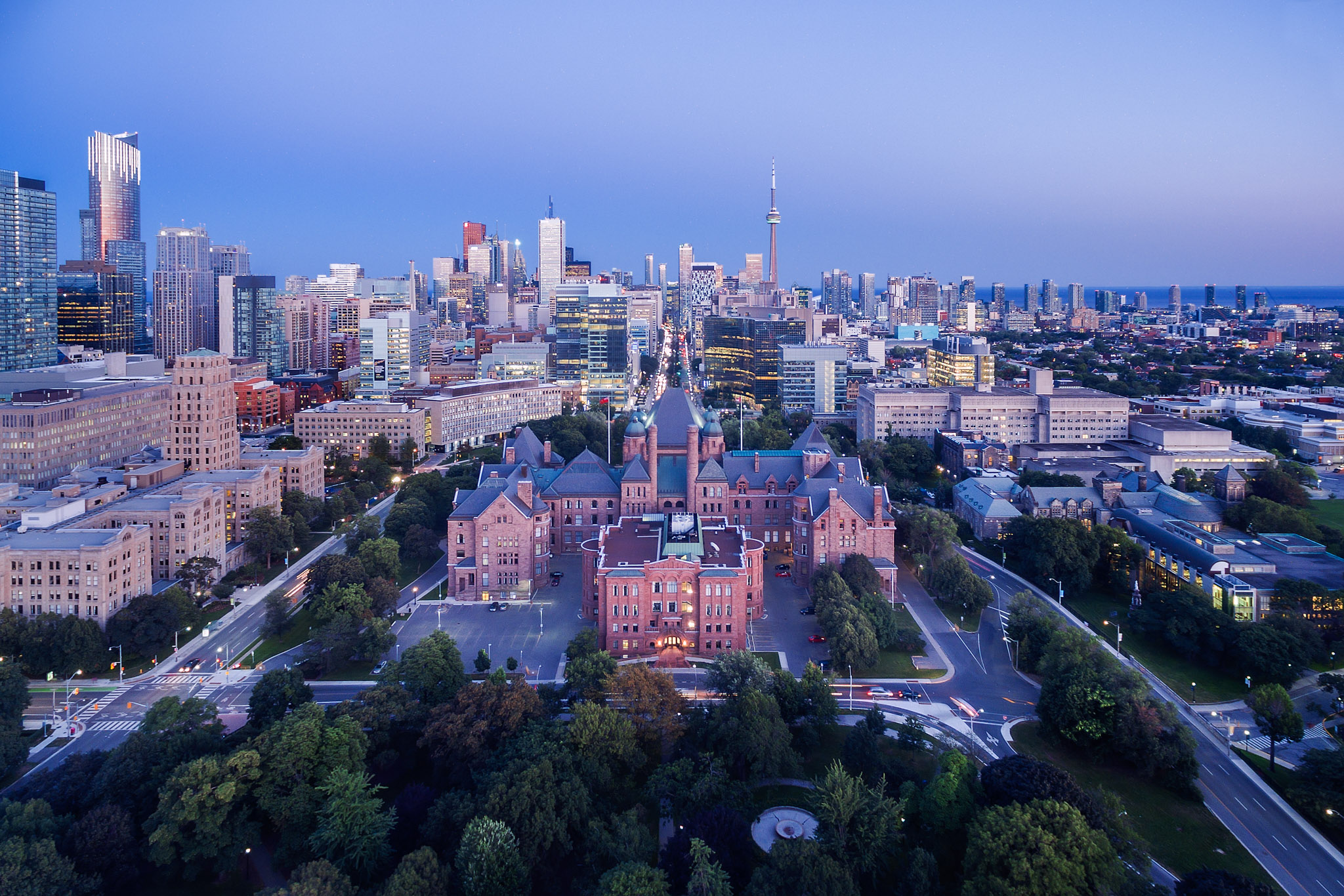In 2023, 68% of the Greater Toronto Area seats in Queens Park, the provincial parliament, were held by landlords. While Toronto has the highest rent prices in Ontario and the third highest in Canada, those who benefit from high prices are largely represented in the provincial government—the legislative body responsible for creating landlord-tenant and housing laws.
Across party lines, the Provincial Conservatives, who hold 83 seats in Queens Park, include 16 of the 24 landlords in the provincial legislature. The NDP, with 31 seats, account for 6 landlords. Additionally, the only Green Party and independent seats are also held by landlords.
Putting the "Ford" in "Unaffordable"
Since their election in 2018, Doug Ford and the Provincial Conservatives have adopted a "free market approach" to housing in Ontario. Right after being elected, the Ford PCs eliminated the rent-control laws that had been introduced the previous year by the Wynne Liberals.
The 2018 amendment to the Residential Tenancies Act specified that any unoccupied dwellings from 2018 onwards would not be subject to rent control. The 2022 More Homes Built Faster Act aimed to encourage more residential development, but it sparked controversy because the provincial government overrode municipalities to develop conservation land, farmland, and areas of the Greenbelt.
In 2023, the Ford PCs introduced the Affordable Homes and Good Jobs Act. It was advertised as a solution to the housing crisis by waiving development fees for contractors seeking to build affordable housing.
This was accomplished by changing the definition of "affordable housing." Before 2023, legislation defined "affordable housing" as any housing with costs equal to or less than 80% of the current market rent. However, the post-2023 Tory definition of "affordable housing" is now any housing with costs equal to or less than 100% of market rent.
This implies that the average rent in Ontario is "affordable". For reference, a one-bedroom apartment in Toronto being sold for its average price of $2,421 would be considered by the Ford government to be "affordable housing".
According to Statistics Canada, the median income for an individual in Toronto is $3,483 per month. After paying for this "affordable" apartment, the average person would have only $1,062 left for other expenses, meaning they would have spent 70% of their income on housing!
In contrast, Doug Ford's PC approach to the housing crisis has largely favored landlords by removing rent controls and benefited housing developers by expediting construction processes and waiving associated fees.
Notably, while the rate of rent increase in Toronto decreased to 2.3% in 2023, cities like Oakville experienced average rent hikes as high as 19.4%. According to Rentals.ca, the average rent across Ontario surged by 9.3% between 2023 and 2024.

Financialization and Political Theatre
From 2006 to 2018, median household income increased by only 30%, whereas average homeownership costs surged by 131%. This disparity has hindered middle-income households from transitioning from rental housing to ownership. Consequently, as middle-income households find themselves priced out of the ownership market, the demand for rental housing continues to rise.
This is happening because there is a considerable shortage of new purpose-built rental housing. Currently, most rental demands are being met through the secondary rental market, such as rented condominiums, single-family houses, and secondary suites.
Almost all of the nearly 48,000 new rental households formed between 2011 and 2016 found accommodation in the secondary market. Purpose-built rental developments only made up a small fraction (6%) of the development pipeline during this period. However, there has been a modest increase in purpose-built rental housing since then.
The secondary market is becoming increasingly important, not only because of the lack of development, but also because of the financialization of housing. Owning rental propriety is generally considered in the public discourse as a lucrative investment and a means to build wealth. It is often preferred over many other forms of investment due to its high returns and minimal risk of loss.
Consequently, those who are unable to purchase these completely unaffordable buildings are trapped in inadequate living conditions while waiting for social housing, as waiting lists and times continue to grow. Currently, there are approximately 100,000 households waiting to access social housing units.
And yet, travelling through the Greater Toronto Area reveals numerous new condominium buildings under constant construction, with a record number of 32 000 new condos being built in 2023.
Despite this "surge" in dwelling construction, the severely out-of-touch definition of "affordable" housing, coupled with the widespread financialization of the housing market, has deprived middle and low-income workers of livable housing. At the same time, it has enriched landlords, developers, and speculators.
MPPs from both the PC and NDP have put forward bills highlighting the unaffordability of rent, yet neither party appears interested in ensuring families have access to the many available homes.
For instance, the opposition provincial NDP introduced Bill 48 in 2022. The Rent Control for All Tenants Act aims to "tie rent increases to buildings, as opposed to tenants," addressing what they describe as the current problematic situation.
The Bill also proposes reintroducing rent control, establishing a rent registry to prevent rent gouging, and preventing renovictions and rent increases in unoccupied dwellings.
But two of the four NDP members who introduced this bill, Chris Glover (Spadina-Fort York), and Bhutila Karpoche (Parkdale-High Park), are MPPs who reported rental income as landlords in 2023.
When addressing the bill, the NDP made no statement about making rent more affordable; instead, their focus is solely on reducing the rate at which rent increases through legislation.
And so, in Queens Park, the debate on the housing crisis revolves around discussions of the PC's "free market" versus the NDP's "rent control", representing deregulation versus regulation. But both steadfastly avoid talking about financialization, or taking concrete action to build affordable housing.
Ultimately, landlords who hold seats in the provincial legislature serve as powerful lobbyists, advocating for their own interests not only through financial means and persuasion but also by directly influencing housing legislation through their votes in the assembly.


